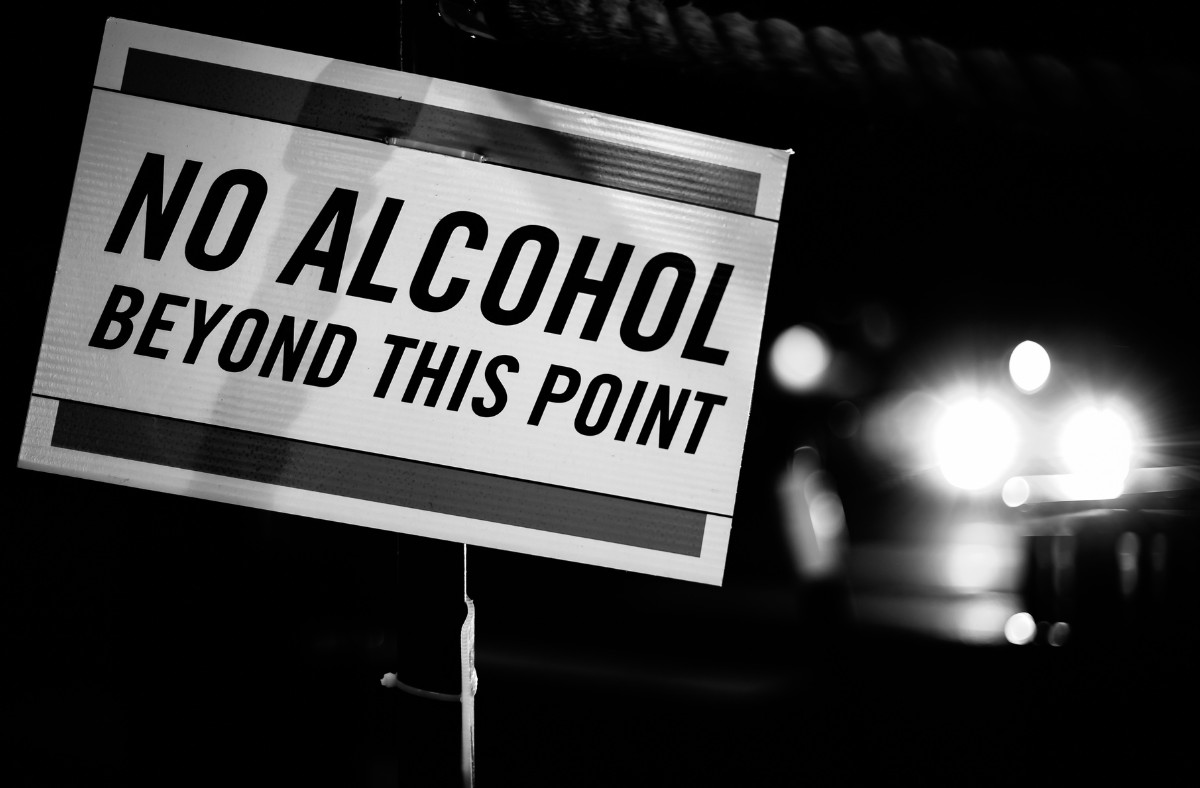
Getting charged with a DWI (Driving While Intoxicated) in Texas is a serious matter with consequences that can follow you for years. Texas has some of the toughest DWI laws in the country, and even a first offense can lead to hefty fines, license suspension, and even jail time.
Beyond the legal penalties, a DWI can affect your job, your finances, and your reputation.
If you or someone you know is facing a DWI charge in Texas, it’s important to understand exactly what happens next. From the moment you’re pulled over to license consequences and long-term impacts, knowing what to expect can help you make informed decisions and take the right steps forward.
In this guide, we’ll walk you through the entire process of what happens when you get a DWI in Texas.
Understanding a DWI in Texas
First, let’s talk about what constitutes a DWI in Texas. If you drive with a Blood Alcohol Content higher than 0.08%, you can be charged with a DWI. If you are a commercial driver, you can be charged with a DWI if you have a BAC of 0.04%. And if you’re a minor, you can get a DWI if any alcohol is detected.
Immediate Consequences After a DWI Charge
Immediately after you receive a DWI charge, you will get an Administrative License Suspension. You’ll also receive a temporary license permit for 40 days. Your license will officially be suspended on the 41st day unless you request a hearing within 15 days.
Depending on the situation, you may need to pay fees to get your vehicle out of the impound. You’ll also need to pay bail to be released from jail. The bail amount will be set based on the nature of your offense and jurisdiction.
License Suspension: How Long and What Happens
The length of your driver’s license suspension depends on a number of factors. For example, if you have prior offenses, you will probably receive a longer suspension than if it’s your first offense.
Typically, the suspension can last from 90 days to one year if it’s your first offense. If you have repeat offenses, your license can be suspended for up to two years.
You may be able to get what’s called an Occupational Driver’s License, which will allow you to drive to and from work or school while your license is suspended. This license usually comes with strict restrictions, such as only allowing driving at certain times of day and only for specific purposes.
To get your driver’s license back, you’ll need to pay reinstatement fees and complete any court-assigned requirements, such as classes, probation, etc.
Court Process and Legal Penalties
In addition to having your license suspended, you’ll also need to go through the court process and face legal penalties.
There will be an arraignment, pre-trial conferences, and a trial (if necessary). You can receive fines of up to $2,000 for your first offense, possible jail time, or probation for between six months to two years (common for first-time offenders).
Your probation conditions may include things like:
- Regular check-ins
- No alcohol use
- Community service
- Installation of an Ignition Interlock Device (IID) if ordered by the courts
If you fail to comply with the conditions of your probation, it can lead to jail time.
Mandatory Court-Ordered Requirements
As we noted earlier, when you get a DWI in Texas, you may be ordered by the courts to fulfill certain requirements.
This can include a 12-hour DWI Education Class for first-time offenses or a 32-hour DWI Intervention Class for repeat offenses.
(Note: All Texas Court Classes are 100% approved by all Texas courts.)
The court may also order a substance use evaluation to determine if there are underlying issues that may have contributed to the DWI offense. Depending on the results of the evaluation, the court may require completion of a treatment program or counseling.
You may be required to attend a Victim Panel where DWI victims share their stories, as well as fulfill community service hours (usually anywhere between 24 – 100+ hours).
Financial Costs Beyond the Fine
Unfortunately, there are significant financial costs beyond just the fines. There are court costs, probation supervision fees, license reinstatement fees, SR-22 insurance (if required), and DWI treatment and education fees.
The total costs for a first-time DWI offense can range between $5,000 – $15,000.
Long-Term Consequences of a DWI in Texas
There are also long-term consequences that come with a DWI charge in Texas. You’ll have a permanent criminal record unless, for some reason, your record is later sealed or expunged. You’ll most likely have to deal with higher auto insurance rates for several years.
You may face employment challenges, especially with jobs that have a driving requirement. It’s possible your professional licenses (nurse, teacher, etc.) could be impacted, and you may even face travel restrictions in some countries.
How to Get Your Life Back on Track
Thankfully, it’s possible to get your life back on track if you get a DWI in Texas.
- Apply for an Occupational Driver’s License: If your license is suspended, you may be able to apply for an occupational driver’s license. This will allow you to legally drive to and from work, school, or other necessary destinations. However, you’ll need to prove that not having a license would cause extreme hardship.
- Attend alcohol education classes: In order to get your license reinstated, you will most likely have to attend alcohol education classes. These classes are designed to educate individuals about the dangers of drinking and driving and how to make better decisions in the future.
- Comply fully with probation terms: If you were on probation as a result of your DUI conviction, make sure to fulfill all the terms and conditions set by the court. This includes attending any required meetings or appointments, paying fines and restitution, completing community service hours, and abstaining from alcohol consumption.
- Maintain SR-22 insurance without lapse: SR-22 insurance is a requirement for individuals with a DUI conviction, and it must be maintained without any lapses in coverage. This type of insurance is often more expensive, so it’s important to budget for this additional cost and make sure payments are made on time.
- Avoid future alcohol-related offenses: It’s important to learn from a DUI conviction and make changes in behavior to avoid future alcohol-related offenses. You may consider seeking treatment for alcohol abuse, attending support groups, or making lifestyle changes that reduce the likelihood of drinking and driving.
Final Thoughts
Getting a DWI in Texas is a serious matter with consequences that extend far beyond just a court date.
The good news is that while the process is tough, it’s also manageable if you take the right steps. Acting quickly to request an ALR hearing, getting legal help, following all court requirements, and completing probation and education programs can help you move forward.
Many people recover from a DWI charge by learning from the experience, fulfilling their obligations, and making smarter choices in the future.
If you have to take court-ordered classes because of a DWI charge, sign up for online classes today. They are 100% court-approved and can be completed from the comfort of your own home.



